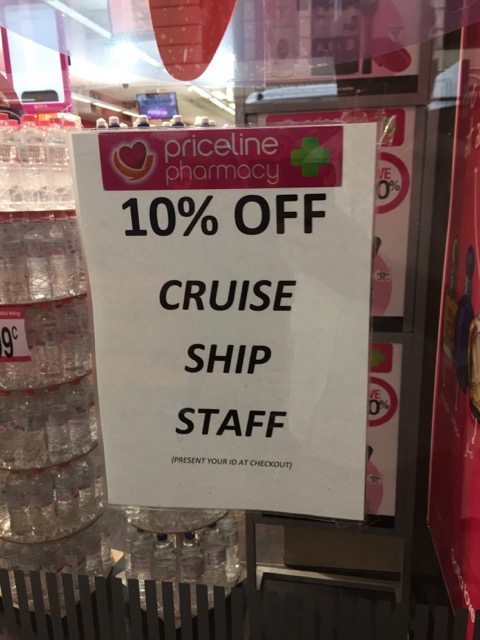For my Newsagency of the Future workshops, in 2010 I developed a forecast model of where a typical newsagency would be by 2020.
The forecast was based on a blended business.
Here is the forecast exactly as published in 2010. Note the lotteries figure is commissions only. What matters in looking at the forecast is not so much the numbers but the differences across the model year on year.

What I predicted for core traffic categories has happened, unfortunately.
Recently, I looked at the period from 2016 to 2020 again, taking on board new trends.
Here is the forecast to 2020 as I see it today for a traditional newsagency. By traditional newsagency I mean a business focussed on newspapers, magazines, lotteries, stationery, tobacco and cards with minimal gifts or higher margin product.

You can see I am more downbeat in this model than I was back in 2010. Things are far worse for this type of old-school newsagency into the future than for the transforming newsagency.
This old-school newsagency is confronted by:
- Newspaper and magazine customers sourcing content online.
- Newspaper and magazine customers buying from other retailers.
- People quitting cigarettes.
- People buying cigarettes elsewhere including discount shops.
- People emotionally connecting through text messages and social media rather than sending cards.
- Card customers migrating to specialty retailers such as Kikki.K and Typo.
- Improved offers from discount variety stores that look nothing like they used to.
- Less people purchasing paper based stationery as they migrate to digital.
- More businesses purchasing stationery online.
While there are some old-school newsagencies doing well because of their local situation, it is not a model with an upside. This is why it needs to transform, to be appeal to more people, to shift overall GP performance, look relevant in today’s retail landscape.
It is not too late to switch from the old-school approach. However, doing this needs commitment to change. It also needs some capital but not too much if the transformation is managed well.
Change starts with wanting it. My goal in sharing these forecasts today is to demonstrate what a business could look like if it does not embrace change, to get people in old-school newsagencies to think about the future of their businesses and realise that what happens next is up to them.
There are many stories of success in our channel, success based on embracing change. I’d love this blog post to encourage more of these.
In posts here I have offered plenty of advice on newsagency business transformation for newsagencies in any situation and of any size. The key message is – there is on magic bullet, no one single thing to do to transform your business. The best success I see comes from many small steps.






